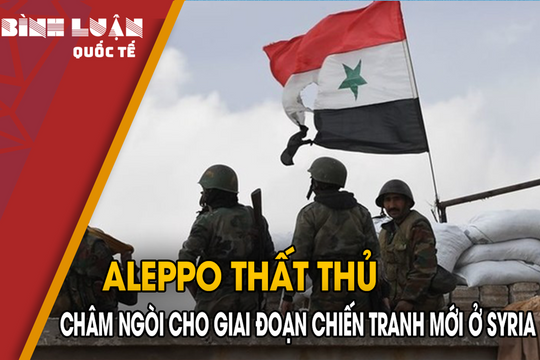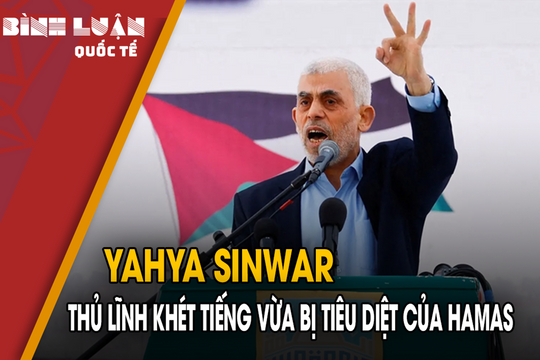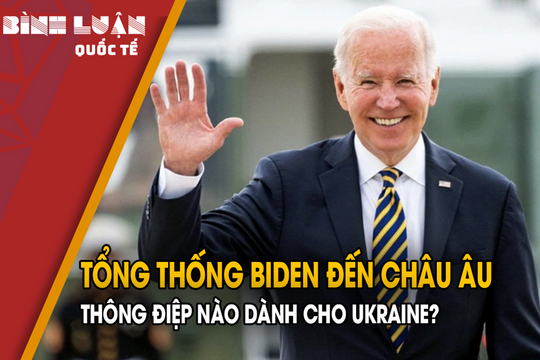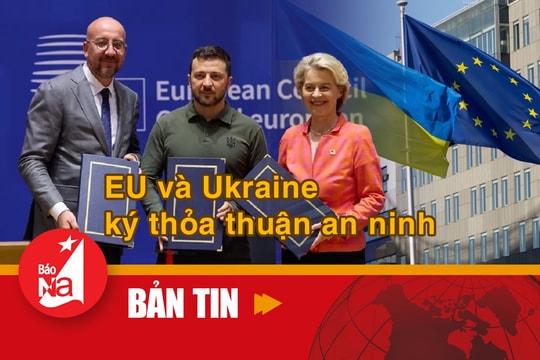Russia-Israel relations face dangerous moment
(Baonghean) - For a long time, Israel has maintained good relations with the Kremlin in the context of many tensions arising between Russia and the West.
But now, as the victories of Syrian President Bashar al-Assad's regime bring Iran closer to the Israeli border, it is believed that Russia is in a more difficult position than ever, having to find a way to "please both sides": balancing urgent matters in Syria and its relationship with Israel.
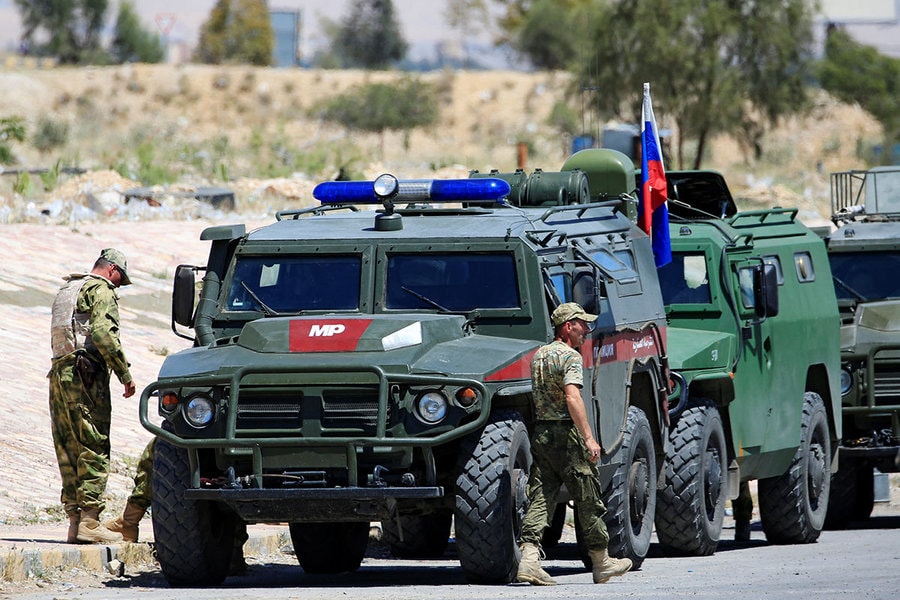 |
| Russian military vehicles pass through the Eastern Ghouta area near Damascus, Syria on April 23. Photo: Reuters. |
In recent years, despite geopolitical tensions between Moscow and the West, there is one loyal US ally that has shown a “different” attitude towards Russia: Israel.
Its ambassadors did not participate in the 2014 UN vote condemning Russia’s annexation of Crimea. Israel has also not played an active role in the waves of Western sanctions against Russia. Last year, it boosted bilateral trade with Russia by 20%, to more than $3 billion.
More recently, the country refused to expel Russian diplomats over the Skripal poisoning, even as the West “joined forces” to expel 150. And this week, Israel announced it was resuming talks on a free-trade zone with the Russia-led Eurasian Economic Union.
Amid rapidly deteriorating East-West relations, Israel and Russia have so far managed to maintain a healthy, reality-driven dialogue, supported by what is seen as a warm working relationship between their leaders, Benjamin Netanyahu and Vladimir Putin.
But despite their shared determination to steer clear of the global storm, things are likely to come to a head in Syria. While Russia and Israel are still able to resolve their differences, Israel is increasingly concerned as Iran, Russia’s ally in Syria but its main enemy, becomes more entrenched in the country.
Recent victories by the Syrian government, backed by Russia, Iran and the Lebanese Shiite movement Hezbollah, have opened the door to a peaceful resolution of the seven-year war between multiple factions and could lead to a permanent Iranian presence in the country, including military bases near the Israeli border. Israel, for its part, has signaled that this is unacceptable.
“Israel and Russia have always worked together in Syria, and there is an important element of mutual understanding between them,” said Alexander Shumilin, a Middle East expert at the Institute of European Studies of the Russian Academy of Sciences (RAS) in Moscow. “But their views on Syria are different, and that is quickly overshadowing their relationship. Israel and the United States want to completely remove Iranian influence from Syria, and this is not what Russia is interested in. Whatever its influence, Russia may simply no longer be able to control the developing conflict between Iran and Israel in Syria.”
Israel and the US want to completely remove Iran's influence from Syria, and this is not what Russia is interested in.
Real relationships
In early April, both Israel and a US-led coalition attacked targets in Syria. While the US struck what it said were chemical weapons facilities, Iran attacked the T4 air base near Homs, which Iranian forces use as a drone control center.
The Israeli attack received a low-key rebuke from a Russian Foreign Ministry spokesman, but Moscow’s real “fire” response was aimed at Washington, accusing the US of having no coherent strategy for its involvement in Syria, other than to hinder Russia and Iran’s hopes of victory.
In response to the attacks, Russia has threatened to arm Syria with the S-300 air defense system, an effective post-Soviet weapon that could significantly improve its capabilities. A final decision has not yet been made, but Israel warned this week that it would retaliate if the S-300 missiles interfered with its targets.
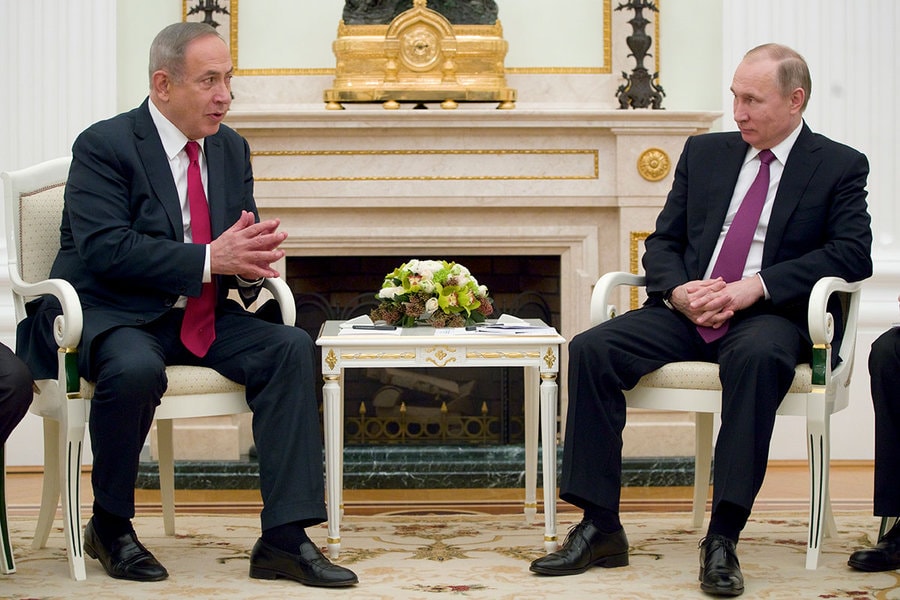 |
| Israeli Prime Minister Benjamin Netanyahu met with Russian President Vladimir Putin (right) in Moscow in March 2017, discussing security issues arising from Iran's presence in neighboring Syria. Photo: AP |
“We need to find new mechanisms for coordination with Israel,” said Yevgeny Nikitenko, a national security expert at the National Academy of National Economy and Public Administration (RANEPA). “Israel fears that as Syria becomes stronger, the issue of the occupied and annexed Golan Heights will become urgent again. Israel is our best ally against terrorism, and we need to find a new level of understanding with them.”
In the past, the former Soviet Union allied with a number of anti-Israeli Arab regimes, supported the Palestinian cause, and even severed diplomatic relations with the Jewish state after its military victory over its Arab neighbors in 1967. These relations were restored in 1991, but it was only after Mr. Putin came to power in 2000 that relations warmed significantly.
“An important factor for Putin is Israel’s stance on Russia’s war in Chechnya,” said Dmitry Maryasis, an Israel expert at the RAS Institute of Oriental Studies. “The West tends to criticize Moscow over Chechnya, but Israel understands us and agrees that there can be no compromise with terrorists. Russian decision-makers really appreciate this support, which is expressed not only in words, but also in the form of cooperation between intelligence services.”
Russia’s economic stability and growth under Putin have also created new economic opportunities. About 10% of Israel’s population speaks Russian, the highest proportion in any country outside the former Soviet Union, and thousands of them have begun returning to Russia to start businesses and take up high-level jobs. According to official statistics, about 100,000 Israeli citizens now live and work in Russia.
On the other hand, although Russia maintains friendship with many Arab countries, and continues to support the Palestinian cause, it has not taken the lead in opposing Israel as the Soviet Union once did.
“Russia does not have an anti-Israel movement, as many European countries do,” Mr. Maryasis clarified. “The boycott, ostracism, and sanctions movement that is growing in the West does not exist in Russia. Russian Muslim communities, such as the Tatars, do not have anti-Israeli goals in any way. The tone of Russian media about Israel is generally neutral. Israelis, who are very sensitive about that issue, tend to appreciate this in Russia.”
“Times of need”
But that could change as tensions over Syria continue. In a rare strong statement, Russia criticized Israel’s killing of dozens of unarmed Palestinian protesters earlier this month in Gaza, calling it “an indiscriminate use of force against civilians.” Israeli media have begun to wonder whether the good cooperation between Mr. Netanyahu and Mr. Putin has reached its limits.
Some Russian analysts, such as Maryasis, are optimistic that Russia and Israel can resolve these differences. “Israel knows that there is no way to decide the fate of Syria without Russia,” he argues. “There is only one country that has real influence over Israel’s enemy, Iran, and that is Russia. Therefore, Israel needs to make Russia understand its concerns; Russia is the country it needs to talk to. Netanyahu and Putin have been able to talk without taking into account the political tensions that are fracturing the US-Russia relationship, have had a strong dialogue between them, and there is reason to hope that they will find a new voice of cooperation in the new situation.”
There is only one country that has real influence over Israel's enemy, Iran, and that is Russia.
Meanwhile, others are less certain, such as Mr. Shumilin with the view: “The trap that Russia is caught in in Syria is that it has an obligation to protect its allies, especially the Assad regime. But the situation is getting more and more complicated. The S-300 issue could become a tipping point. No one knows what is going to happen, or how Russia will act. This is indeed a very difficult moment.”

.png)
